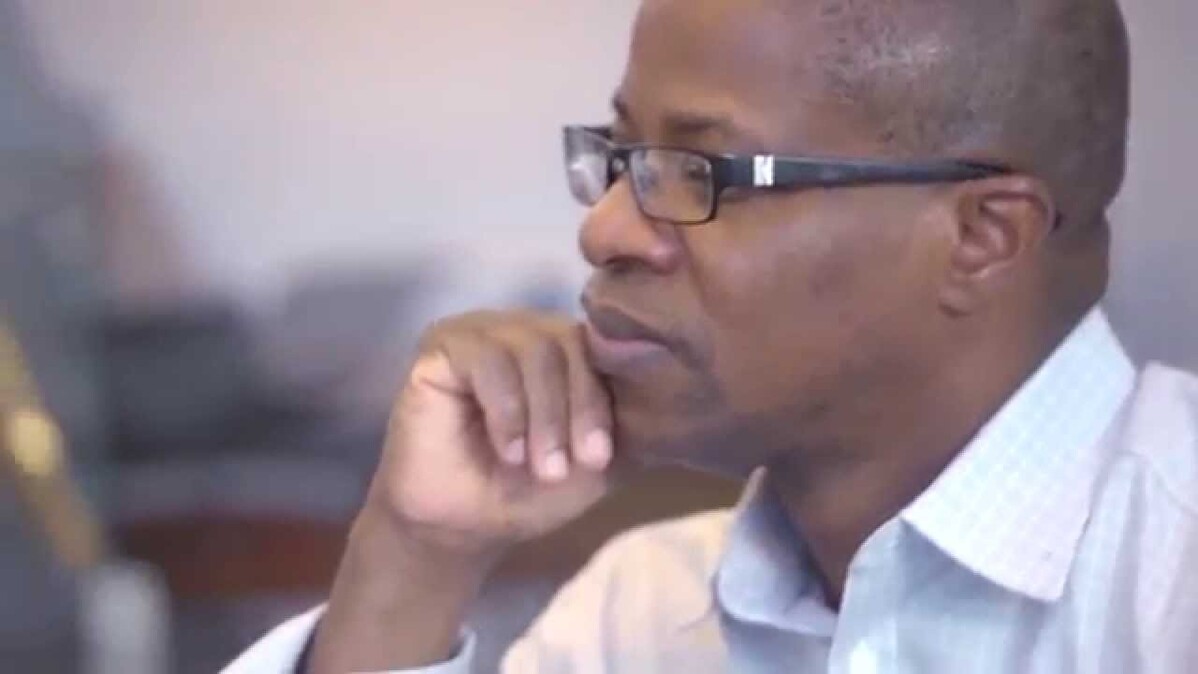Doctors who take industry jobs can still be viewed with suspicion by some of their dyed-in-the-wool medical colleagues. They are selling out, abandoning patients – at least that’s the accusation leveled at them. Is this an outdated notion? Clinician and former academic Chinweike Ukomadu thinks so.
 VIDEO
VIDEO
“One thing a lot of people don’t know about moving from academia to industry is that a lot of physicians continue to have contact with patients,” says Ukomadu, who early last year joined the Novartis Institutes for BioMedical Research (NIBR) as a translational medicine expert after more than 20 years as a physician and academic researcher at Brigham and Women’s Hospital (BWH) in Boston.
The Yale University MD-PhD still sees patients several times a month at BWH. He says they understand and support his recent change of career direction. “Before I left Brigham, I met most of my patients in person to tell them I had this opportunity to come to Novartis. They all said the same thing: ‘We are going to miss you, but we hope you can discover something that can help us.’ Patients get it; they know medicines don’t just materialize out of thin air.”
In his new role, Ukomadu shapes NIBR’s early clinical trials of potential new medicines for liver disease. He says his move into drug development gives him the chance to make an even bigger difference for patients than was possible in clinical academia.
“It became obvious to me that I was not really having the impact that I needed as far as patients were concerned,” he recalls. “This opportunity came up where I actually do have a goal of discovering something and making a medicine that will reach hundreds of thousands of people. That's the fulfillment of something I've always wanted to do.”



